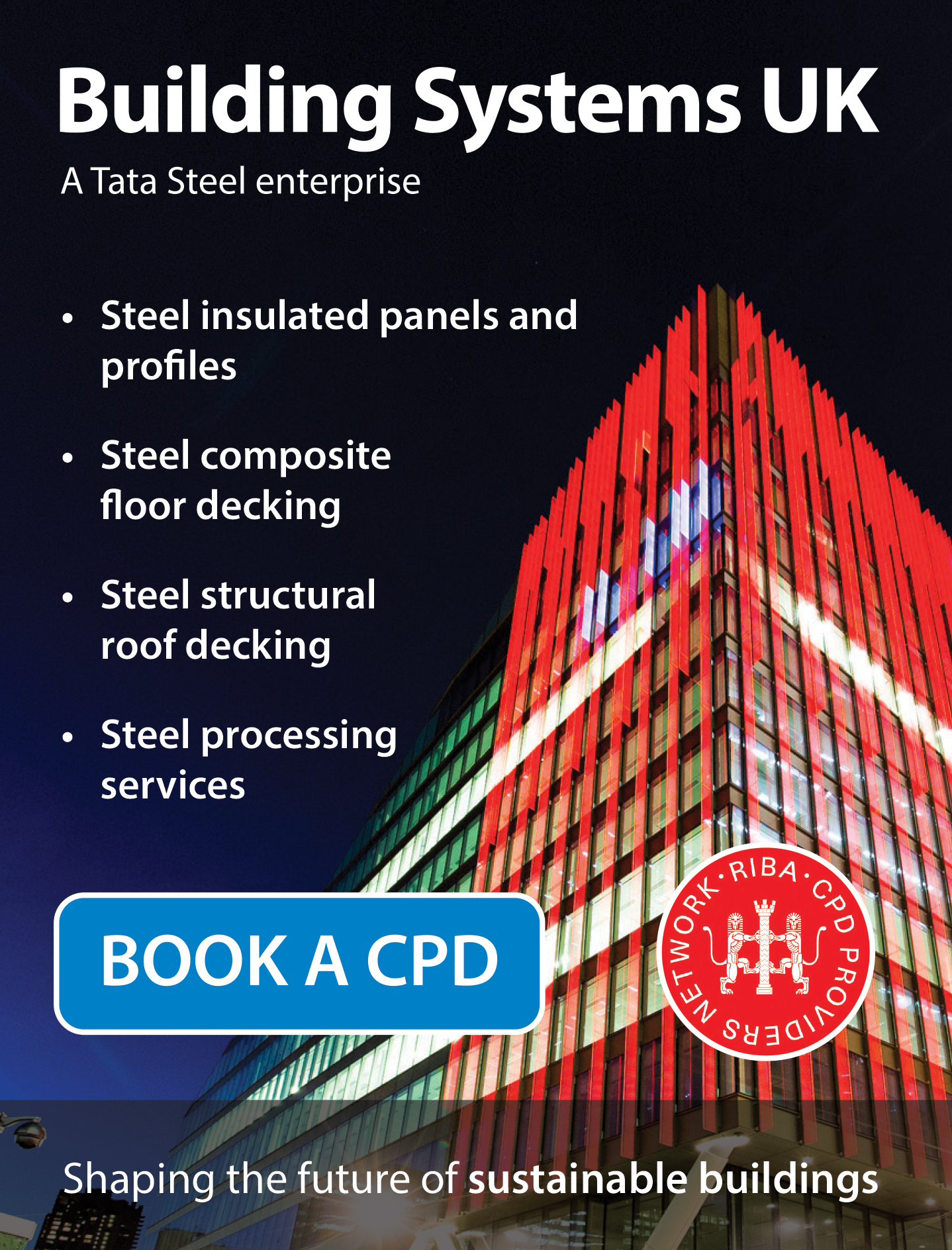We don’t know just how many construction contracts end in dispute, but it’s plain to see the sector is far more prone to legal wrangling than other spheres of business.
The issue was officially recognised with the launch of the Conflict Avoidance Pledge, which aims to change behaviour in the land, property and construction industry by getting firms to look at their working practices and the way they deal with disputes.
I spend much of my time advising clients how to avoid disagreements by understanding their contracts and having proper administration in place, but I also spend a lot of time helping to solve cases that have reached the courts. My own experience reflects the wider picture that many of these arguments could have been settled without formal litigation, and without the associated costs.
It is startling how eager developers, contractors and joint venture partners are to take each other to court, even when there are initiatives designed to encourage them to seek alternative resolutions.
Both parties in a dispute are supposed to at least consider mediation before commencing proceedings, but they can circumvent the Pre-Action Protocol for Construction and Engineering Disputes by mutual agreement and routinely do so.
Often, contracts stipulate that parties should seek mediation in the event of a dispute, but it’s not mandatory and generally the clause gets ignored.
But look at what happens once you head for court. As the aggrieved party, you complete a form and send in a court fee. In the construction sector, we’re used to dealing with big numbers, but even a relatively modest £100,000 claim will usually mean a court fee of £5,000, and it rises proportionately.
Next, you send your claim to the court. The other party responds. The judge tells you both to go to see a mediation service. Given that 90 per cent of cases get settled at mediation, surely it would make sense to circumvent the court process and, for a fraction of the court fee, go to mediation.
Another huge benefit of mediating is the time it takes to resolve a case, usually only one or two days. Compare that with the average length of time it takes a case to get resolved in the UK courts, which according to one report is 12 months. In the UK, we supposedly have a fast track court process, but while it may be swifter than similar systems elsewhere, it is certainly a stretch to describe it as fast.
Why are firms reluctant to mediate? One reason is that one party or another in any dispute may simply hope the problem goes away before it comes to the crunch and they have to face the judge. Another is that mediation may seem unfamiliar.
Yet mediation is not uncommon in the construction industry. As I mentioned earlier, cases that reach the courts routinely wind up in mediation. This is because official guidance states that courts should encourage parties to use alternative dispute resolution, which almost always turns out to be mediation.
Independent mediators are there to get a discussion going so that the parties can resolve their differences. Unlike with the brutal winner and loser scenario of a court judgement, this can enable the business relationship to continue.
I fervently believe that prevention is better than cure, and I would urge contractors to get expert advice on contracts, establishing programmes and setting up proper administration. However, if things do go wrong, I would urge everyone involved in a dispute to consider mediation as the first point of call.
In fact, I am so passionate about the concept that I have just become an RICS Accredited Mediator.
By Michael Gallucci LLM MRICS MCIArb MAE, Managing Director, MPG construction consultants





